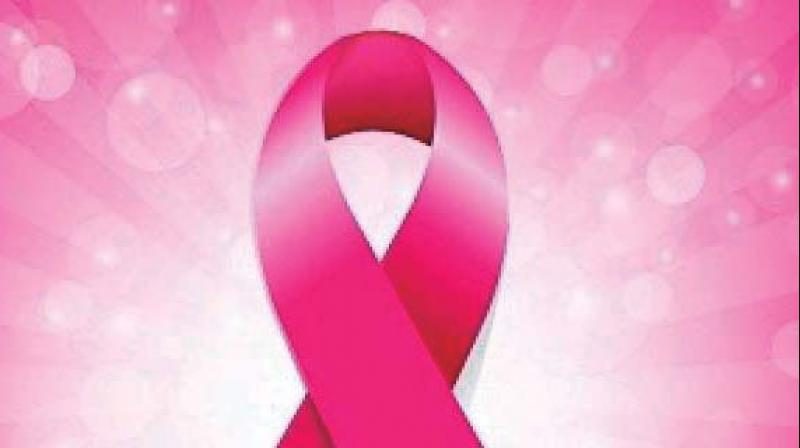Breast cancer is the most common cancer among women in the country accounting for 14 percent of all cancers, according to the National Institute of Cancer Prevention and Research (NICPR).
The incidence rates in the country begin to rise in the early thirties and peak in the age group of 50-64 years. Overall, one in 28 women is likely to develop breast cancer during her lifetime.
To tackle this, a new form of treatment to fight breast cancer has made its mark in the country. With this, doctors reportedly can increase the survival rate in the country.
The AccuBoost technique is a non-invasive breast brachytherapy, which is a form of radiation that reduces chances of relapse.
Dr Mathangi J., Senior Consultant and In-Charge, Department of Radiation Oncology, BGS Gleneagles Global Hospital, said, “AccuBoost is a way of delivering radiotherapy to the post-lumpectomy area after the breast conservation surgery. It can itself be the only post-operative treatment for five days (accelerated partial breast irradiation [APBI] or as a boost after whole breast radiotherapy).”
She said that APBI can be given only to a very small group of patients with very low risk of recurrence and to old women, with very small tumour with no nodal spread, operated with sufficient margins and of good biology. “The different techniques of APBI are still under trials and their influence on survival is yet to be determined,” said Dr Mathangi
At present, 3D conformal radiotherapy with image guidance, RapidArc or invasive needle based brachytherapy techniques are used in India to treat APBI. Dr Soumya Holla, Consultant Breast Cancer Surgeon, Apollo Hospitals, said, “The most common type of non-invasive breast cancer is called ductal carcinoma in situ (DCIS). Traditionally, DCIS is diagnosed when cancer cells seen under the microscope are localised only to the breast’s duct system but have not invaded the basement membrane. The standard treatment for DCIS is to remove the affected tissue, making sure that there are no cancer cells left within the breast.”
However, experts said APBI might help in preventing relapse to a larger extent, but they need to know the test’s efficacy.
Courtesy: Deccan Chronicle

